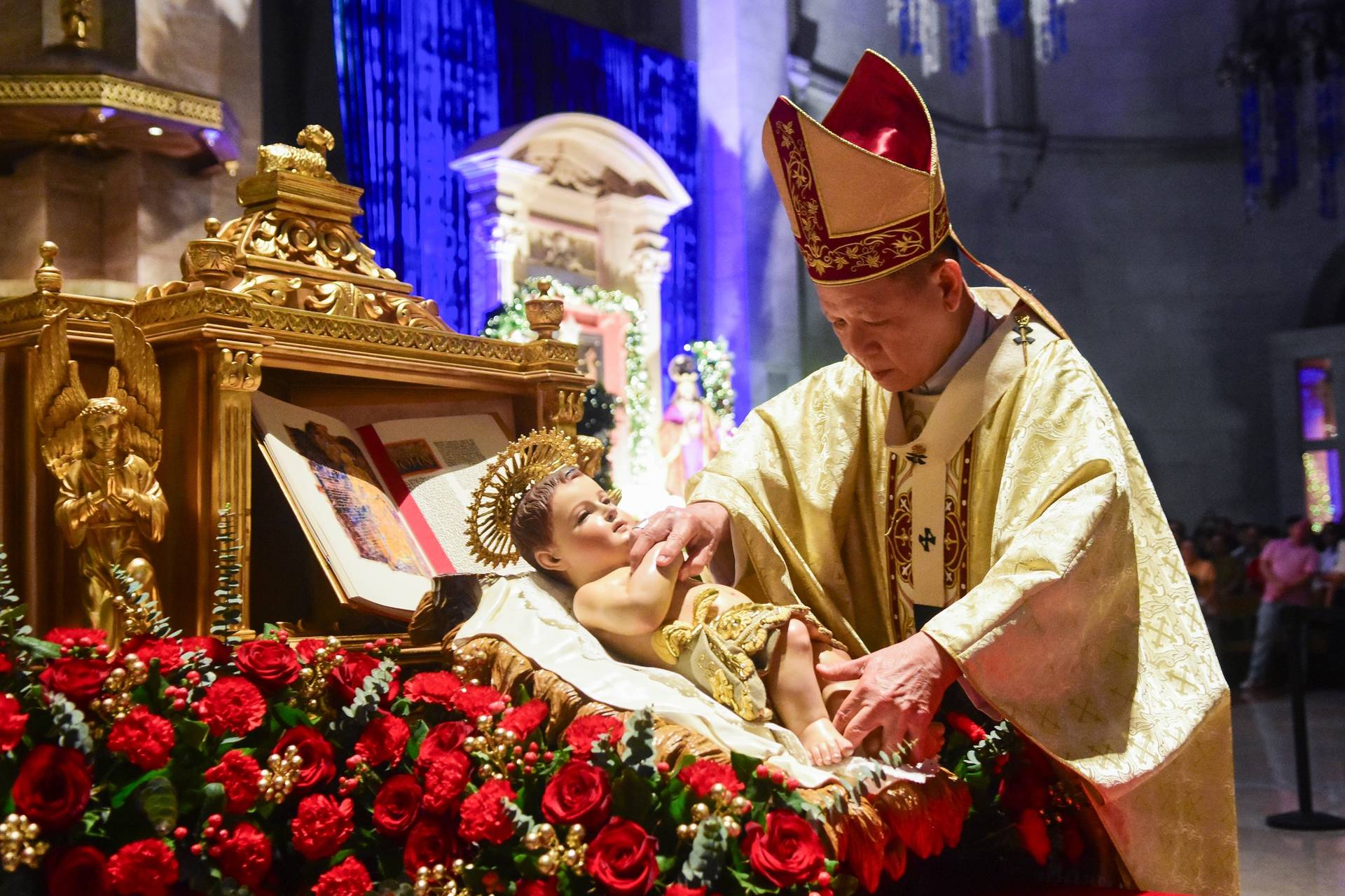MANILA, Philippines — Abu Sayyaf militants may have staged suicide bombings that killed 14 people to avenge the death of a Filipino leader of the Islamic State group in the southern Philippines following a clash with troops last month, the army chief said Tuesday.
Army commanding general Cirilito Sobejana said Hatib Hajan Sawadjaan was wounded in a July 6 gunbattle in a jungle near Patikul town in Sulu province and most likely died a few days later. Troops have been searching for his buried remains, he said.
Two Islamic militants blew themselves up in suicide attacks Monday that killed at least 14 people, including soldiers, and injured 75 others in Jolo town in Sulu, in the country’s worst extremist attack this year. Military officials accused Sawadjaan’s nephew, Mudzrimar “Mundi” Sawadjaan, of plotting the midday bombings.
“They wanted to avenge his death,” Sobejana told The Associated Press. “It’s also a very desperate move because they have lost strength and wanted to create an impression that they still exist.”
Sobejana said he is “90 percent sure that Sawadjaan is gone. We’re reserving the 10 percent until we find his body as concrete evidence.”
Recently captured Abu Sayyaf militants provided information about his death, including how he was wounded and eventually died and was buried by a group of militants. His followers have launched an effort to pick a replacement, Sobejana said.
An earlier U.S. Department of Defense report to Congress said without elaborating that it believed Sawadjaan was the “acting emir,” or leader, in the Philippines of the Islamic State group.
Most of the victims of Monday’s bombings, including children, were caught in the first blast, near two parked army trucks in front of a grocery store and computer shop in a downtown plaza where the town cathedral is located, military officials said.
In the second blast, the attacker blew herself up near a group of soldiers and police, killing one soldier and one police commando and wounding several others, a military report said.
The military is trying to determine if the two suicide bombers were the widows of Abu Sayyaf militants.
The largely Catholic nation’s southern region has been the scene of decades of Muslim separatist unrest. The Abu Sayyaf, a small but violent group, has been listed by the United States and the Philippines as a terrorist organization for bombings, ransom kidnappings and beheadings.
A few of its armed factions, including the largest one led by the Sawadjaans, are aligned with the Islamic State group.
The twin bombings were the latest suicide attacks in the predominantly Muslim province of Jolo, including a deadly January 2019 bombing of a Roman Catholic cathedral believed to have been carried out by an Indonesian couple.
Largely confined to Jolo’s poverty-wracked mountain settlements all his life, Hatib Hajan Sawadjaan was born to a peasant family in Jolo and likely only finished grade school. Poverty drove him to work as a lumberjack in the jungles off Patikul town, where he married a woman from Tanum, the mountain village where he would base his Abu Sayyaf faction years later, according to a military officer who has closely monitored the Abu Sayyaf and spoke on condition of anonymity because of the nature of his work.














